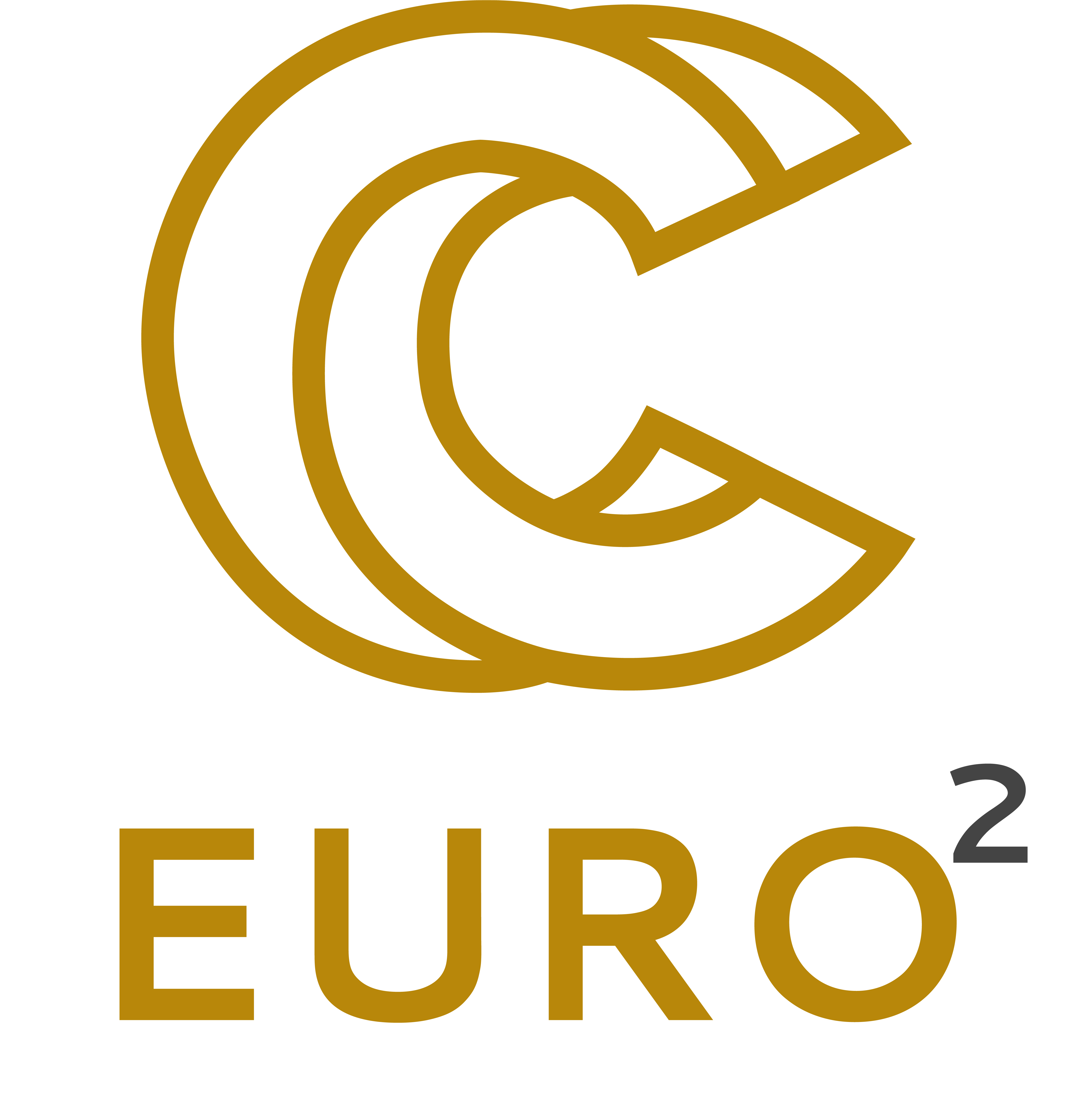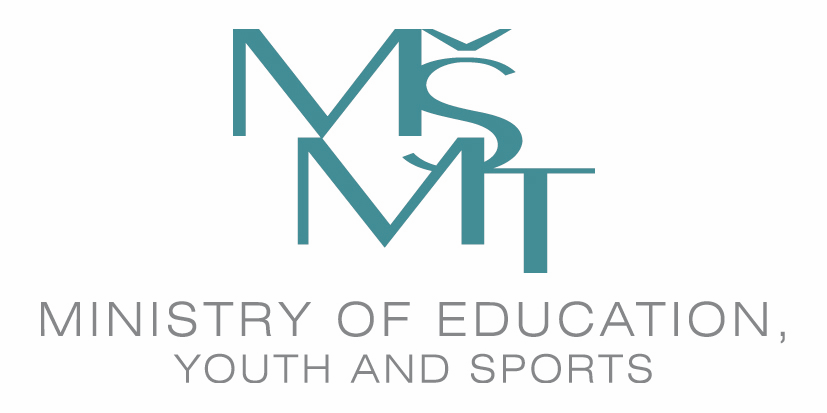[HYBRID] POP3 Profiling and Optimisation Tools - 46th VI-HPS Tuning Workshop
207
ONLINE and onsite

Annotation
The course is organised in collaboration with POP3 CoE, NCC Austria, NCC Czechia, NCC Hungary, NCC Poland, NCC Slovakia and NCC Slovenia.
Virtual Institute—High Productivity Supercomputing (VI-HPS) is an initiative that aims to enhance the productivity of supercomputing applications by providing a comprehensive set of tools and methodologies for performance analysis, debugging, and tuning. It brings together expertise and resources from various organisations to support developing and optimising high-performance computing applications.
The workshop is designed to facilitate collaborative learning and application tuning, with a particular emphasis on teams of two or more participants working with the same or closely related application codes the teams are developing. The first day of the workshop introduces participants to the POP Centre of Excellence (CoE), detailing its services, methodology, and tools for performance assessments and second-level services. On the second day, the focus shifts to getting started with open-source multi-platform tools for analysing MPI+OpenMP application executions on CPU architectures. The third day delves into more advanced usage, including analysing application executions on combined CPU and GPU architectures. During this hands-on workshop, participants will be introduced to the use of Paraver/Extrae and Scalasca/Score-P/CUBE toolsets for CPUs and GPUs.
Paraver/Extrae is a performance analysis toolset designed for tracing and analysing the execution of parallel applications. Extrae captures detailed execution traces, while Paraver provides powerful visualisation and analysis capabilities to help identify performance bottlenecks and optimise parallel code.
Scalasca/Score-P/CUBE is an integrated performance analysis toolkit for parallel applications. Score-P collects performance data in profiles and execution traces, Scalasca analyses and identifies performance issues, and CUBE facilitates exploration of the results, helping developers tune their applications.
Additionally, other tools from the POP CoE will be available for participants to utilise throughout the workshop.
Target Audience and Purpose of the Course:
Attendees will learn how to use the parallel performance analysis tools of the Performance Optimisation and Productivity (POP) CoE and a corresponding methodology for applying those tools to assess execution performance and scaling efficiency of their own parallel application codes in a portable fashion.
Level
Intermediate/advanced, as no knowledge of any parallel performance tools is required (though serial code profiling experience is advantageous). However, participants are expected to be familiar with building/running (potentially hybrid, GPU-enabled) parallel applications.
Language
English
Prerequisites
Participants should be familiar with one or more parallel programming paradigms, such as MPI and OpenMP (on CPUs), and preferably also the use of OpenMP, OpenACC, CUDA, or similar (for GPUs). When registering for the workshop, participants should report the programming languages and paradigms employed by their application codes, along with relevant framework/library dependencies. Note that applications using AI/ML frameworks such as TensorFlow are unsuitable for this workshop.
Technical requirements
Participants with their own application code(s) should have these installed and running on Karolina before the event. Also, a representative execution test case should be prepared, suitable for running on a single node in several minutes. The required tools will be available on Karolina (CPU and GPU partitions). However, participants may also install graphical tools on their own notebook computers. Each participant will get access to the mentioned clusters before the event.
The workshop will feature the Paraver/Extrae and Scalasca/Score-P/CUBE toolsets for CPUs and GPUs, with introductions to other tools from the POP CoE that are additionally available.
Acknowledgements

This work was supported by the POP3 project under grant agreement No 101143931. The project is supported by the European High-Performance Computing Joint Undertaking and its members (including top-up funding by the Ministry of Education, Youth and Sports of the Czech Republic (ID: MC2401)).

This project has received funding from the European High-Performance Computing Joint Undertaking (JU) under grant agreement No 101101903. The JU receives support from the Digital Europe Programme and Germany, Bulgaria, Austria, Croatia, Cyprus, Czech Republic, Denmark, Estonia, Finland, Greece, Hungary, Ireland, Italy, Lithuania, Latvia, Poland, Portugal, Romania, Slovenia, Spain, Sweden, France, Netherlands, Belgium, Luxembourg, Slovakia, Norway, Türkiye, Republic of North Macedonia, Iceland, Montenegro, Serbia. This project has received funding from the Ministry of Education, Youth and Sports of the Czech Republic.


This course was supported by the Ministry of Education, Youth and Sports of the Czech Republic through the e-INFRA CZ (ID:90254).
All presentations and educational materials of this course are provided under the Creative Commons Attribution-ShareAlike 4.0 International (CC BY-SA 4.0) license.